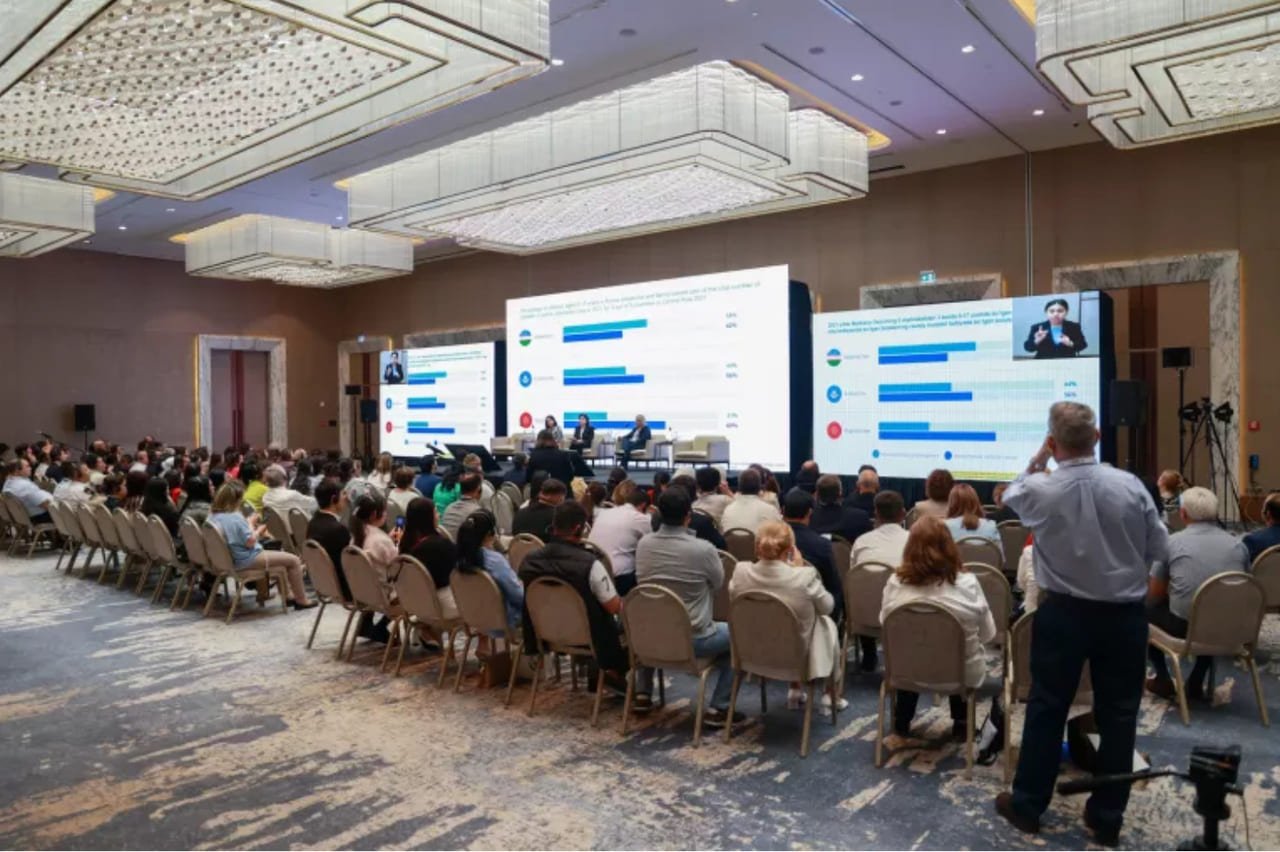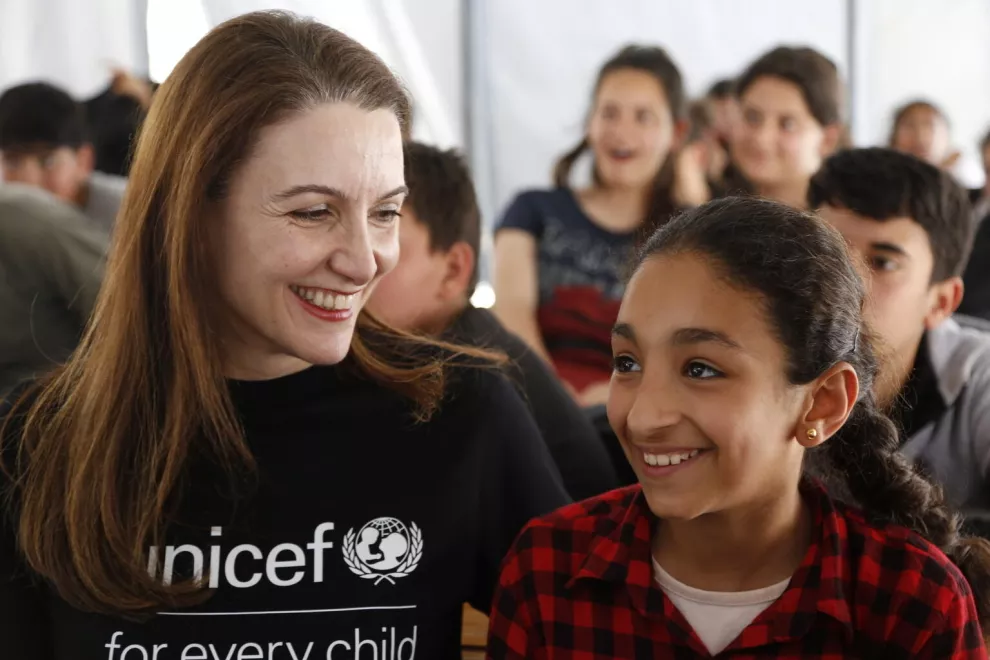Government officials, academic experts, and child rights advocates have called for increased investment in social services across Central Asia, stressing the importance of these services in preventing family separation, supporting vulnerable populations, and fostering sustainable communities.

This call to action emerged during the forum titled “Building Sustainable Communities in Central Asia: Promoting the Well-being of Children and Families through Social Work and Social Services.” Hosted in Tashkent by the government of Uzbekistan, the forum was organized by Uzbekistan's National Agency for Social Protection, UNICEF, and Columbia University.
The forum aims to address the high rates of children growing up in residential care facilities and enhance social services for vulnerable groups, including children, persons with disabilities, survivors of gender-based violence, and older adults. It concluded with a unified plea for governments to ensure equitable access to essential services for all, especially for the most vulnerable.
Participants emphasized the need for greater investment in the social service workforce to provide high-quality, child-centered, and gender-responsive services. Governments were encouraged to develop programs to tackle violence against women and girls, prevent family separation, support family care, and gradually close large-scale residential care facilities for children.
The call to action also highlighted the importance of regional cooperation, raising awareness, and empowering children, young people, families, and communities to drive change.

“Our position is clear. No child should ever be placed in alternative care because of poverty, disability, or challenging behavior, or because their family lacks access to services they need to care for their own child at home. To achieve this, we need a comprehensive and coherent child and family social service system. This system must be rooted in strong child protection frameworks that prioritize the family as the central unit,” Regina De Dominicis, UNICEF Regional Director for Europe and Central Asia, stated.
A recent UNICEF policy brief, Keeping Families Together in Central Asia, reveals that the rate of children living in residential care facilities in the region is twice the global average. Currently, approximately 60,000 children across five Central Asian countries reside in such facilities.
UNICEF is working with governments and partners to keep families together and support family- and community-based care. This includes developing and implementing deinstitutionalization policies and programs, enhancing protection and family support services, and promoting family reunification and safe transitions to independent life. Additionally, UNICEF collaborated with national statistical offices to improve data quality and comparability on children in alternative care.
The forum stressed the urgent need for systemic change to build resilient communities and ensure that every child has the opportunity to thrive in a supportive family environment.
Follow Daryo's official Instagram and Twitter pages to keep current on world news.
Comments (0)